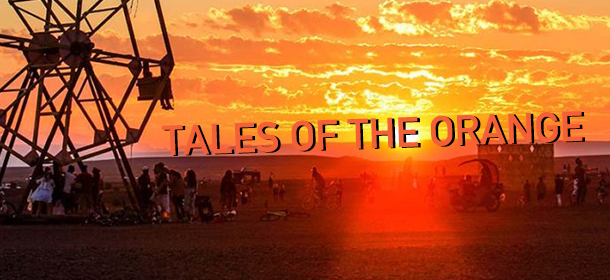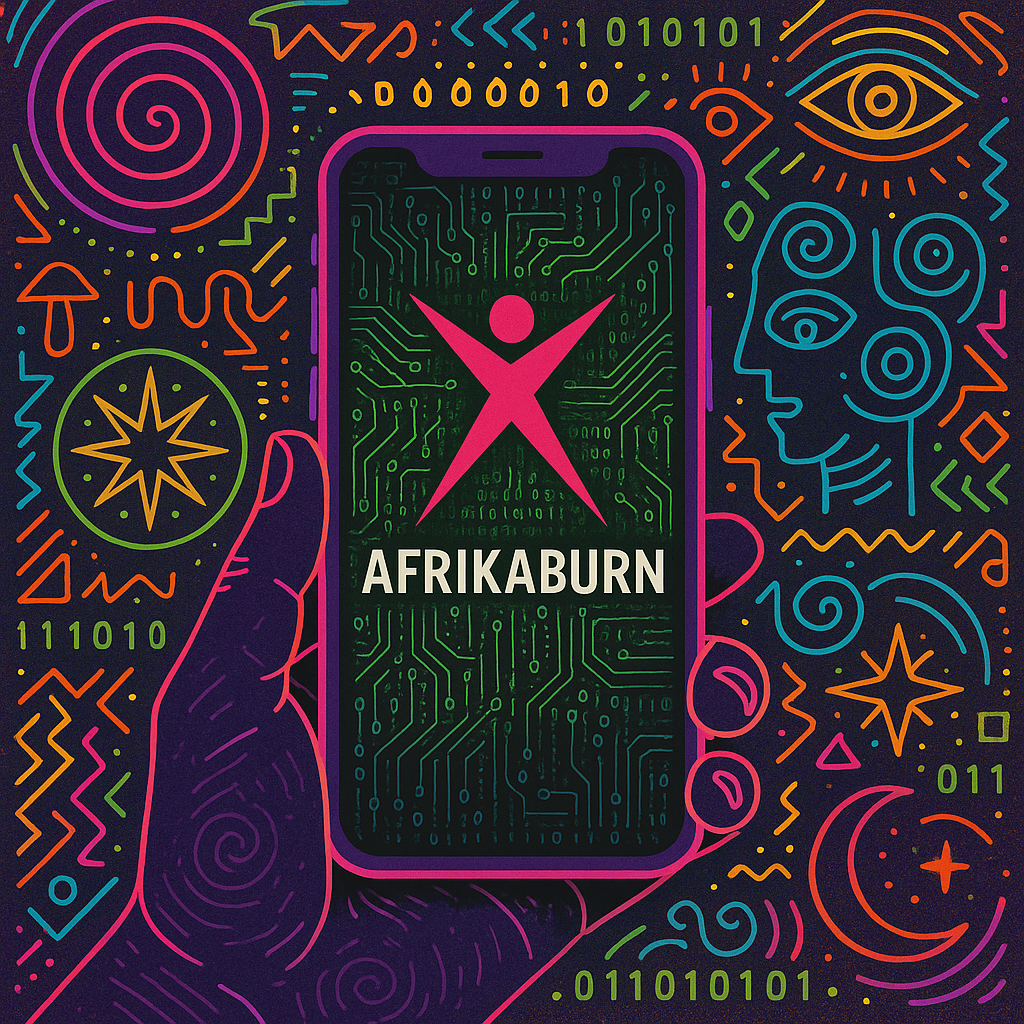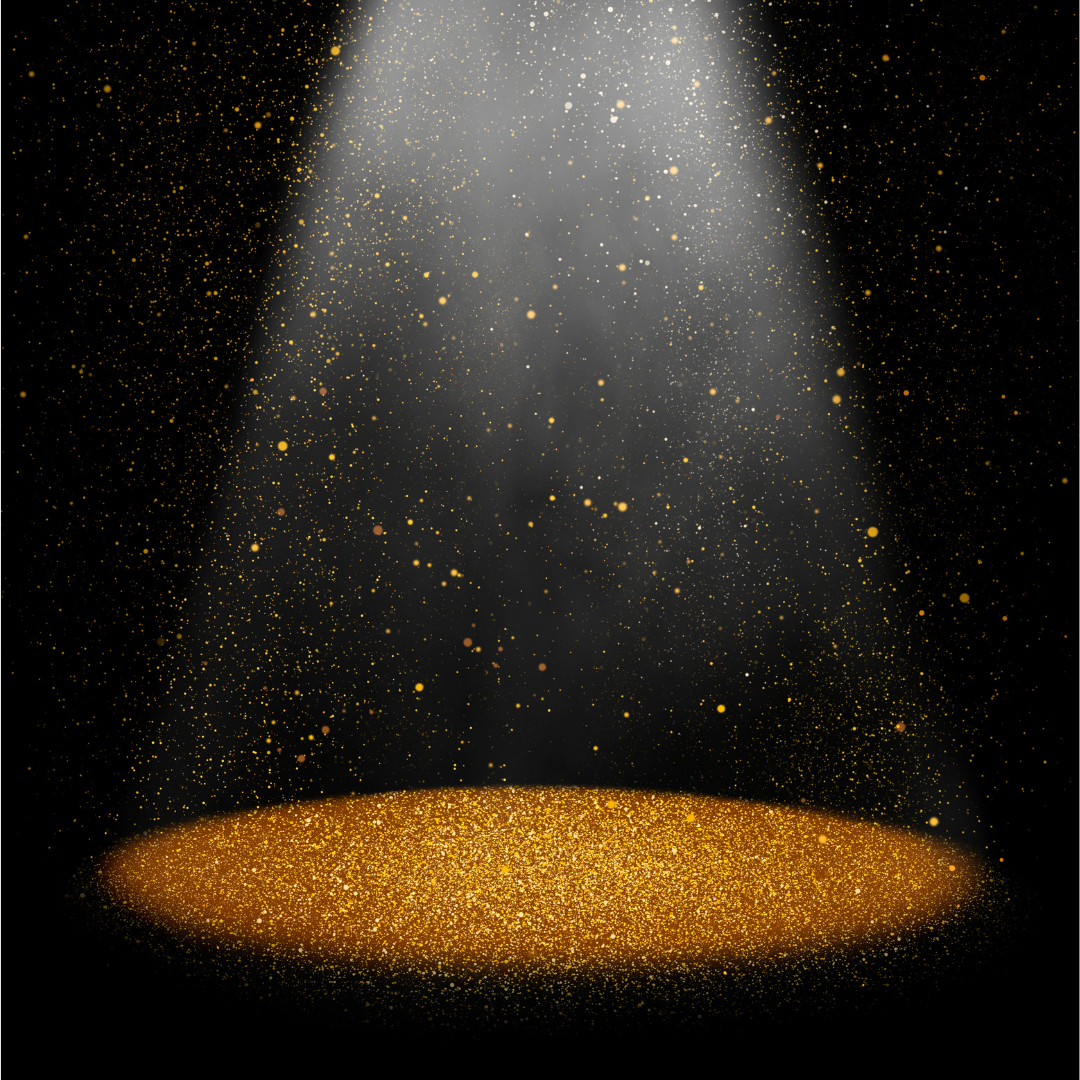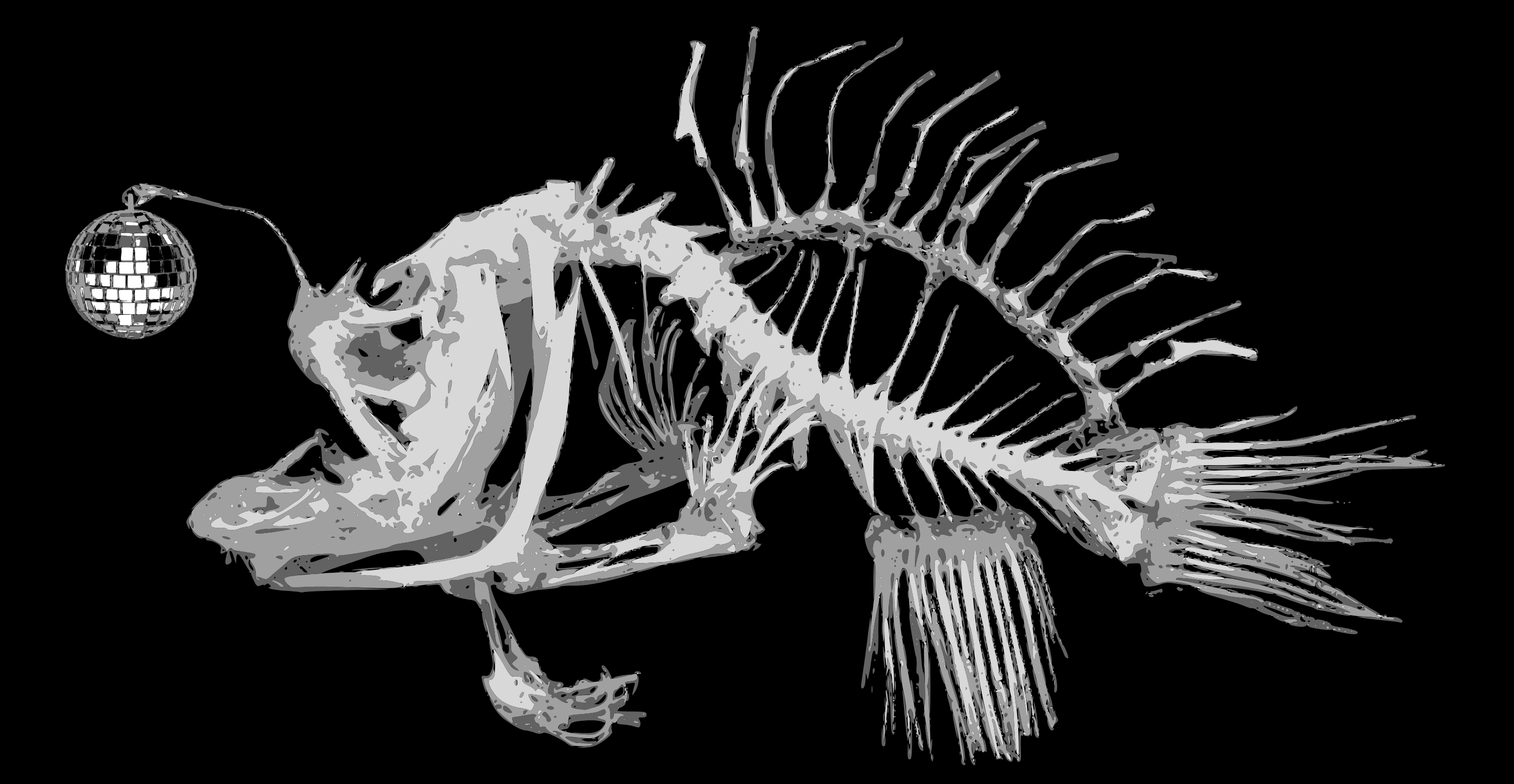This article was reposted from here.
Words and Pictures by Ann Gadd
It’s 4am in the Tankwa. The air is unusually warm and there is a stillness across the plain. I’d really like to be curled up on my inflatable mattress, enjoying a few hours’ sleep in a ‘town’ where the party never stops, rather than stumbling through the dark on my way to the Volunteer’s Station.
I curse myself for having signed up for duty back in Cape Town, when I had no idea of what getting out of bed at such an early hour would feel like. The reason I volunteered for ranger duty at the annual AfrikaBurn festival, was to see first-hand what this remarkable group of 150 or so people actually do.
Rangers have become an essential part of ‘The Burn’, with volunteers from across the world lending a hand. ‘Radical inclusion’ is the aim of AfrikaBurn, and rangers come in every shape, size, age and nationality. From hippies to hipsters, tannies to teachers, clerks to CEOs, everyone does their bit. When you take more than 12 500 people, get them into the desert with its notoriously extreme conditions and throw in the mother of all parties, there are going to be people who need help.
“The rangers are here as caregivers, rather than policemen,” says Joan Isham, veteran ranger of five years and, in her life away from The Burn, a correctional officer at WWF (World Wildlife Fund). “It’s about keeping people safe and reporting any incidents, should intervention be required. You have to take care of yourself first, before you take care of others, and this means not endangering yourself in any way. It’s a great way for someone on their own to feel part of the event.”
Rangers, according to the AfrikaBurn organisation, are ‘non-confrontational community mediators, and are there to promote awareness of potential hazards, ranging from sunburn to tent fires, and lots of other stuff in-between. At its essence, rangering is about creating awareness of the AfrikaBurn ethos, creating good neighbourliness, and responding to crisis situations’.
What then is their primary function? Mostly, rangers assist people who’ve lost their way. The area is huge, and has as many streets as your average dorp. With few landmarks visible at night, it’s easy to become disorientated. Lost children are escorted back to the main base, while other rangers locate the parents. Medical emergencies are radioed in to the main station and a backup team is on hand to assist any patients to the 24-hour medical centre. People tripping on protruding metal tent pegs (required for the hard ground) and needing stitches are one of the more common occurrences.
In an area this large, there can still be disputes over ‘land’ issues. You’ve come here days before and established a camp, only to have someone arrive and camp right on top of you. Mediation can be required to make sure everyone is happy.
“It’s my annual holiday,” remarks Joan, “I’m normally quite reserved, but as a ranger, I get to meet a variety of people and see more of The Burn’s events. There is a camaraderie among the rangers that I really enjoy. After four hours on a shift with someone, particularly if it’s been tricky, I really feel a bond that often lasts way beyond The Burn.”
The people who come to AfrikaBurn, particularly long-time regulars, are very respectful of the work the rangers do. As a result, when walking or ‘rangering’ through your designated area, people reciprocate by offering everything from welcome mugs of coffee, chai tea and even dolmades.
Rangers are on duty 24/7 fulfilling four-hour shifts. Some walk through freezing nights on the ‘graveyard’ shifts, others have to cope with searing heat in the day. Then there are the notorious dust storms to contend with, that have you reaching for your swimming goggles and gasping for your buff.
On my one shift, it uncharacteristically starts to rain and, together with my two fellow rangers, we take shelter (and coffee) under one of the many stretch tents. On another shift, the temperature reaches 40 degrees and I have to stop and ask for water several times. The people though, are what make up for the conditions. Their encouraging banter along the way makes me feel part of the event, rather than just a bystander.
Each team of two or three rangers, is given an orange jacket, a two-way radio, identity tag and a bag for MOOP collection (Matter Out Of Place or rubbish). There are levels of rangers, so that, in an emergency, more experienced or specialist help can be called on.
My fellow rangers are Flip du Plessis, an accountant from the Cayman Islands, and Clive Lucas, a semi-retired consultant. It’s an easy shift and, apart from the rain and the odd bit of MOOP, we have nothing to report but an extraordinarily beautiful sunrise. I take stunning shots of cloud formations and sunrises I otherwise would have missed.
Clive’s ranger handle is Boerassic, after the theme camp he manages called Boerassic Park (a mix of boere kitsch, offering ‘jou ma se sop’ every evening to the hungry). This is his third year as a ranger. “I’ve met so many interesting people,” he reflects, “yesterday I did a shift with a woman who had been a ranger at the USA equivalent, Burning Man. She came out to South Africa three years ago and hasn’t left. In the 40 hours I have rangered, I’ve not witnessed any conflict or aggression.”
Pollie (Herbert Poller), is my fellow ranger on my second shift. He chats easily to people on our beat, carrying an umbrella to fend off the sun’s merciless rays. I think of the paddling pool filled with water at the Pompeii Camp, where we sat cooling down in a group the previous afternoon, while sipping freshly squeezed orange juice ‘with a bit of trouble’. Yesterday it rained and today we swelter, this is the semi-desert of extremes.
I asked Pollie, veteran of more than 100 hours as a ranger and a mechanical designer, just why he signed up. “Because I’m stupid,” came the reply. “There’s no kick in it for me as such, but I like meeting new people and helping out. People aren’t threatened by rangers, so it’s easier to approach them.”
Nic Lucas and his ranger partner, Danni Bocchino are also in their third year of volunteering. “It’s essential to attend the training course beforehand,” says Nic. “We normally choose at least one gate-duty shift. It’s wonderful to meet and greet people. There are many ways to volunteer at The Burn.”
Finishing my shift, (17 547 steps for those of you interested in such things), I hang up my ranger waistcoat and take the buff I’m offered as a token of thanks.
But the real gift is knowing that there are still many people who care enough in the world to move away from ‘selfie’ thinking to want to give back. Who discover that, in giving, they receive a whole lot more in return.
READ MORE:
Rebuilding the Tankwa Padstal
6 Things You Have to Experience at AfrikaBurn




